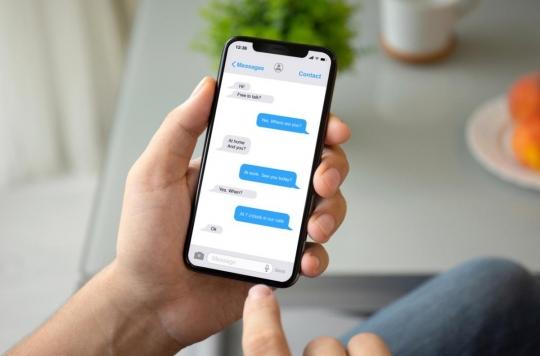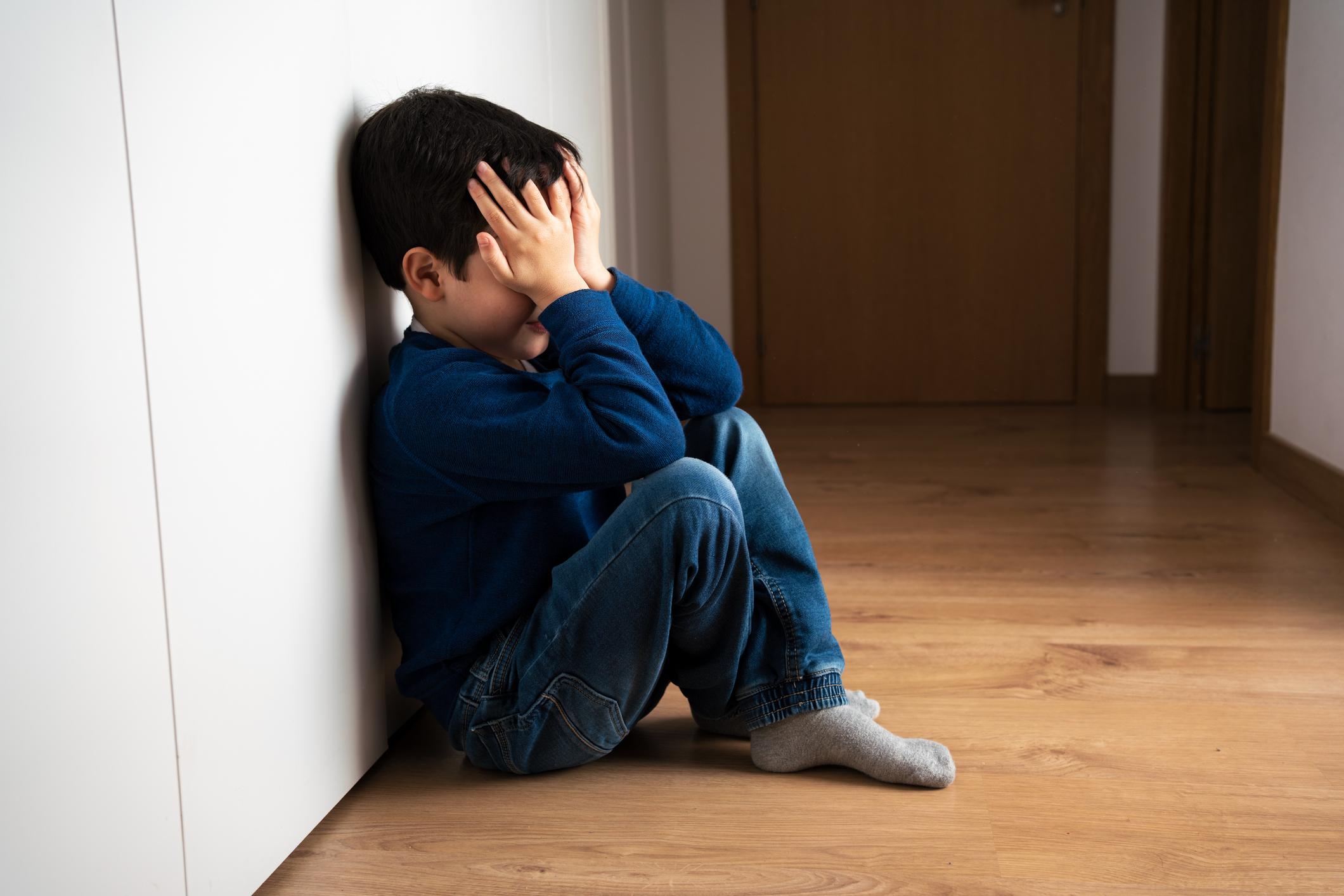In a clinical trial conducted in the United States, researchers found that this technique helped patients feel better.

Will texting one day be a therapeutic tool? According to research published in Psychiatric Services, it’s possible. In a clinical trial, scientists show the interest of these telephone messages in treating patients suffering from psychiatric disorders.
More than 10,000 SMS sent in 3 months
The researchers used texting as an adjunct to conventional treatment for mental health disorders. They compared the results of this method with those of ordinary treatments. The experiment lasted three months and brought together 49 participants. In total, almost 12,000 messages were sent during the entire study. Each of them was analyzed by a health professional.
A method acclaimed by the participants
Sixty-two percent of patients had schizophrenia or schizoaffective disorder, 24% had bipolar disorder, and 14% had depression. At the end of the study, 99% of participants said that sending these messages was acceptable, 94% said that it made them feel better and 87% said they would recommend this tool to a friend. “This study is really encouraging.enthused its co-author, William J. Hudenko, research assistant in the Department of Psychological and Brain Sciences. We have seen real progress in patients who participated in SMS-based therapy.” According to him, these conclusions were valid when the patients had serious psychiatric disorders. “We can assume that for patients with less serious psychopathologies, this type of intervention via mobile may have even better effects..”
A means of guaranteeing therapeutic follow-up
For the researcher and his team, this method guarantees continuity of care whatever happens. The Covid-19 epidemic has sometimes distanced patients from their therapists, SMS can be a solution to maintain the link. “An SMS-based psychotherapy corresponds perfectly to the current environment, he addsit provides asynchronous contact with a mental health specialist and at the same time it increases the number of contacts a person can have.” A larger study should be launched in the future. If these results are confirmed, it could become an additional tool for treating patients suffering from mental disorders. In France, 12 millions people are affected.
.
















